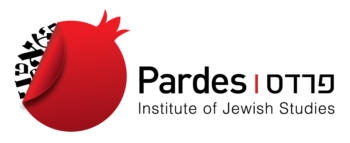Commentary on Parashat Vaetchanan, Deuteronomy 3:23-7:11
Questions
1. Moses asked God if he could “go over” and see the good land that is beyond the Jordan. According to Moses, whose fault was it that God refused? Did God leave the matter open for negotiation?
2. God made one concession to Moses in this negotiation. What was it?
3. Moses beseeched the children of Israel to listen to God’s statutes and ordinances and to follow them. What was the reward for following this order?
With your help, My Jewish Learning can provide endless opportunities for learning, connection and discovery.
4. What did Moses say would happen if the children of Israel built graven images and were evil in their ways?
5. After the people would be scattered all over the world and lose their connection to God, was there any chance of returning? At what time?
6. Why does the Torah forbid forming any likeness of God?
7. There is a reference in this week’s parashah to the “iron furnace.” What does this refer to?
8. For those who commit idolatry, God says He will remember the transgression for how many generations? And for how many generations will He remember those who obey Him?
9. Moses tells the people that they were chosen by God, even though they were one of the smaller nations. Why were they chosen?
Answers
1. Moses thought that the Children of Israel were responsible for God’s refusal (3:26). The matter was not open for discussion (3:26).
2. God allowed Moses to see the land (3:27).
3. The reward was that they may live (thrive and multiply) and go in and possess the land which God gave them (4:1).
4. Moses said they would soon perish off the land and would be destroyed. Those left would be scattered among the nations and would be a decided minority. They would soon assimilate and become just like the people around them (4:26-28).
5. Yes; the people would have a chance to return at the “end of days” (4:30).
6. The Torah explains that the people only heard God’s voice–they never saw any form. Thus it is forbidden to recreate a likeness as it would be a desecration (4:15).
7. The “iron furnace” is a description of Egypt (4:20).
8. God says he will remember sins until the third and fourth generation, and will bestow mercy to the 1000th generation for those who commit good deeds (5:8-9).
9. They were chosen because God loved them, because God had made an oath to their fathers, and because God redeemed them from slavery (7:8).
Provided by special arrangement with the Pardes Institute of Jewish Studies.

Torah
Pronunced: TORE-uh, Origin: Hebrew, the Five Books of Moses.


